Work benches are indispensable tools in various industries and settings, providing a dedicated space for tasks that require stability, organization, and accessibility. Whether you’re an electronics enthusiast, woodworker, or scientist, having a reliable work bench can greatly enhance your productivity and efficiency. These versatile workstations offer a range of components designed to meet different needs and applications. Read More…
Our workbenches come in a variety of styles including ergonomic height adjustable, chemical resistant, ball transfer surface, computer stations, laminar flow stations and more.
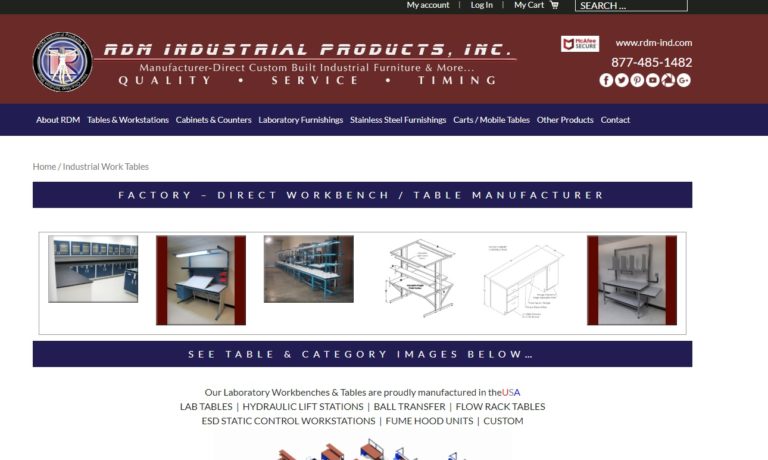
As a workstation manufacturer, Pro-Line offers industrial furnishing that increases employee productivity through creating an improved employee work environment.
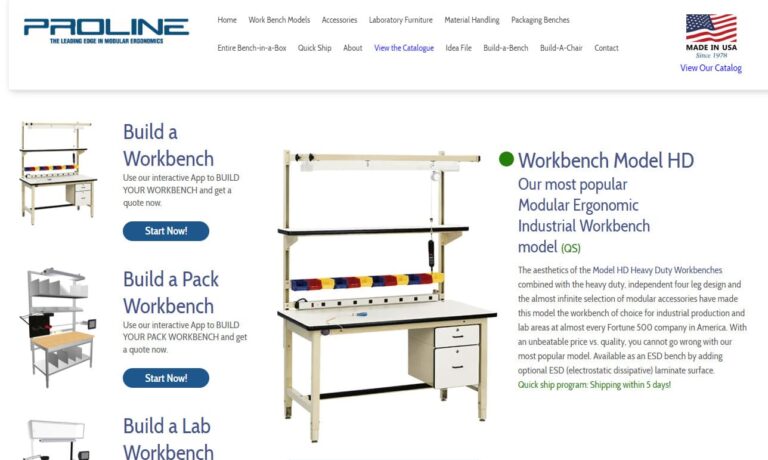
Rousseau manufactures versatile workstations that simplify the user's job while increasing operator efficiency and productivity. The workstations feature an extensive choice of accessories so they can adapt and evolve with your needs. From modular to industrial, we can customize each workstation to your specifications.
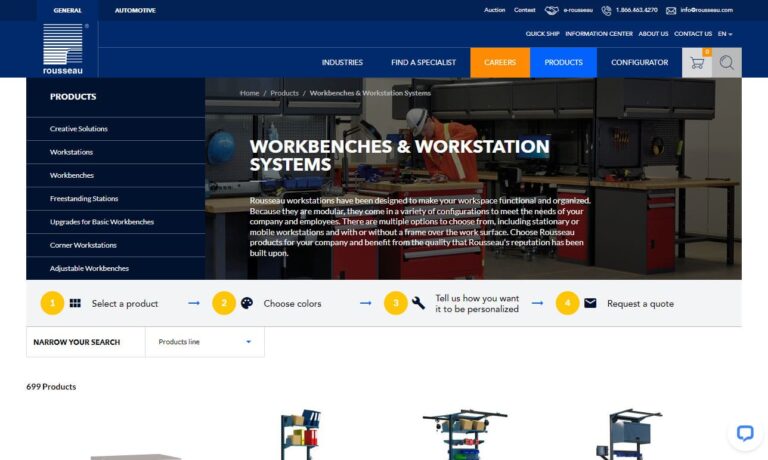
Formaspace manufactures custom office and laboratory furniture at scale. Large or small projects with applications for any space. With over 40 years’ experience, our projects range from Life Sciences, to education, office and industrial. Let us be the expert from the highly technical to the fairly straightforward, indoor to outdoor, front to back of house. Made in America using locally sourced...
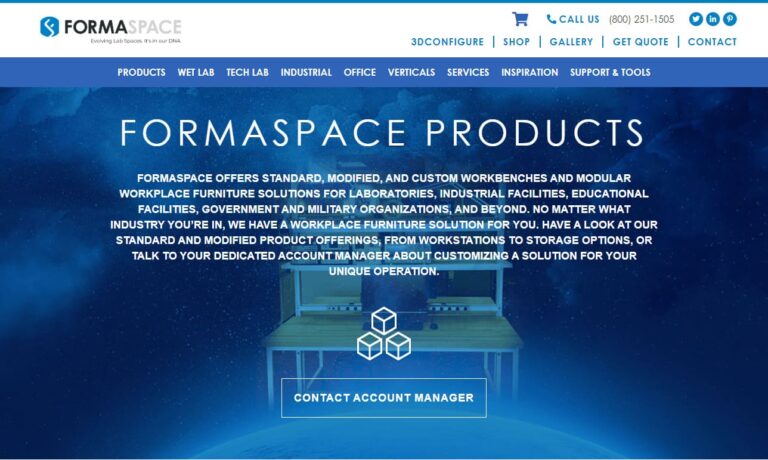
Formaspace manufactures custom office and laboratory furniture at scale. Large or small projects with applications for any space. With over 40 years’ experience, our projects range from Life Sciences, to education, office and industrial. Let us be the expert from the highly technical to the fairly straightforward, indoor to outdoor, front to back of house. Made in America using locally sourced...
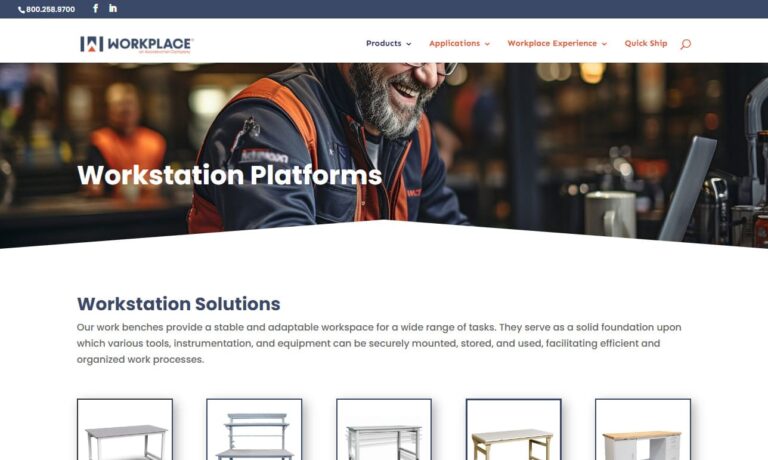
More Work Bench Manufacturers
Components of Workbenches
A workbench is composed of several critical elements that enhance both its functionality and practicality. The work surface, which can be made from materials like wood, metal, or laminate, needs to be durable, flat, and resistant to scratches and chemicals to ensure a reliable workspace. The frame and legs play a pivotal role in providing structural support and stability, forming a solid base for various tasks. Adjustable height and mobility features are essential for adapting the workbench to the user’s needs and accommodating different types of work. Effective storage solutions, such as drawers, shelves, and cabinets, are necessary for organizing tools and materials, keeping them easily accessible. Additional components, including vises, clamps, lighting fixtures, and power outlets, significantly enhance the workbench’s overall functionality. Vises and clamps secure workpieces firmly, while lighting fixtures ensure proper illumination and power outlets enable the use of electric tools and devices. Each of these components is crucial for designing a workbench that effectively meets the user’s specific demands.
Assembling Workbenches
Workbenches are crafted to meet the needs of various applications and industries. For electronics assembly and repair, workbenches feature anti-static surfaces that protect delicate components, integrated power supplies for convenient electricity access, and cable management systems that keep wires organized. Woodworking workbenches, essential for crafting projects, come with durable vises for securing workpieces, clamping dog holes, and ample storage for tools. Designed for automotive repairs and DIY tasks, garage workbenches provide a sturdy work surface, integrated tool storage, and pegboards for organizing frequently used tools. In laboratory environments, workbenches are made from chemical-resistant materials and are equipped with fume hoods for harmful vapor extraction and specialized storage compartments for lab equipment. Each workbench type is meticulously engineered to address the unique demands of its intended use, ensuring both functionality and safety.
Variations of Workbenches
Electronics Workbenches
Electronics workbenches support intricate tasks in electronics assembly and repair. They feature anti-static properties to prevent static discharge damage to sensitive components. Integrated power supplies provide easy access to electricity for tools and devices. Efficient cable management systems keep wires organized and tangle-free, maintaining a clean and safe workspace. Additionally, adjustable shelves, drawers, and specialized storage solutions keep small components and tools readily accessible, enhancing productivity and precision.
Woodworking Workbenches
Woodworking workbenches accommodate various woodworking projects. Robust vises securely hold workpieces, allowing for precise cutting, sanding, and shaping. Strategically placed dog holes facilitate versatile clamping options, securing materials of different sizes and shapes. Built-in tool storage options, such as shelves, cabinets, and pegboards, provide convenient access to essential tools. The sturdy construction ensures these workbenches withstand heavy-duty use, offering a stable surface for crafting intricate wooden pieces.
Garage Workbenches
Garage workbenches cater to automotive maintenance, repair tasks, and DIY projects. They feature a durable work surface that withstands heavy-duty tasks like hammering, drilling, and assembling. Integrated tool cabinets offer ample storage space, keeping tools organized and within reach. Pegboards provide a practical solution for hanging frequently used tools. Some models include built-in lighting and power strips, enhancing visibility and convenience. These workbenches prioritize durability and functionality, making them essential in a well-equipped garage.
Laboratory Workbenches
Laboratory workbenches meet the stringent requirements of scientific research and experimentation. Constructed from chemical-resistant materials, they withstand exposure to corrosive substances. Integrated fume hoods provide ventilation, extracting harmful vapors to maintain a safe working environment. Specialized storage compartments securely store lab equipment, chemicals, and samples, keeping the workspace organized and reducing contamination risks. Adjustable height settings accommodate various experimental setups and ergonomic needs. These workbenches support complex and delicate tasks, promoting safety and efficiency.
Each workbench type provides the necessary features and functionality for its specific application, ensuring professionals perform their tasks with efficiency and safety.
Limitations of Workbenches
While workbenches offer significant benefits, they have some limitations. Ergonomic issues can occur if the work surface height or design is not user-friendly. Limited workspace and adaptability can be problematic, particularly in smaller environments. A lack of customization options may restrict their suitability for specific tasks. Additionally, safety concerns arise if proper usage and safety guidelines are not followed, potentially leading to accidents or injuries.
Manufacturers are addressing workbench limitations by incorporating ergonomic features such as adjustable height mechanisms and ergonomic accessories to enhance user comfort. Modular designs are becoming popular, allowing customization and adaptation to specific needs and spaces. Additionally, a variety of accessories and customization options are now available to improve functionality. Safety is a priority, with adherence to safety standards and the design of user-friendly features to minimize risks and accidents.
Benefits of Workbenches
Work benches are essential for enhancing productivity, organization, and safety across various industries. They provide a dedicated workspace, ensuring tools, materials, and equipment are easily accessible and organized, thus eliminating clutter and the need to search for items. This organization optimizes workflows and improves efficiency, saving valuable time.
In terms of safety, work benches often include features like non-slip surfaces, built-in guards, and ergonomic designs, which reduce the risk of accidents and injuries. They offer stability and a controlled environment, making them safer for handling tools and performing tasks.
Additionally, work benches are versatile and adaptable, suitable for a wide range of applications such as electronics assembly, woodworking, and laboratory experiments. Their benefits make them indispensable for both professionals and hobbyists, promoting efficiency, organization, and safety in the workplace.
Applications of Workbenches
Workbenches are indispensable across various industries and hobbies. They provide the foundation for assembling and repairing electronics, soldering components, and troubleshooting circuits. In woodworking and carpentry, workbenches are essential for precision tasks like cutting, sanding, and joinery.
Garage workbenches in automotive maintenance support engine repairs, part replacements, and vehicle modifications. Artists and crafters use them for painting, sculpting, and assembling projects. Laboratories rely on specialized workbenches for scientific experiments, sample analysis, and research activities.
Metalworkers and welders shape, cut, and assemble metal components on these workstations, while jewelers create intricate jewelry and repair watches. Seamstresses and textile workers use workbenches for fabric cutting, sewing, and pattern-making.
Gardeners also benefit from workbenches for potting plants, organizing tools, and handling small-scale landscaping. The versatility of workbenches makes them crucial for enhancing productivity and organization across a multitude of tasks and hobbies.
Choosing an Appropriate Workbench
Selecting the right workbench requires careful consideration to meet your specific needs. Begin by evaluating the application and requirements of your work, considering the tasks, tools, and equipment involved. Assess the workbench’s dimensions to ensure it fits your workspace while allowing for easy movement.
Next, identify the desired features and accessories. Determine if you need storage options like drawers, shelves, or cabinets for organizing tools and materials. Consider additional features such as integrated lighting or power outlets to enhance your workflow.
Budget is also a key factor; balance your needs with your budget while considering the workbench’s long-term durability. Customer reviews and recommendations can offer valuable insights. Ultimately, the right workbench will balance functionality, size, features, and budget to support your specific application effectively.
Choosing the Right Workbench Supplier
For the best outcome when purchasing a workbench, compare multiple suppliers using our directory. Each supplier’s profile page highlights their experience and capabilities, with a contact form for direct communication or quote requests. Utilize our patented website previewer to quickly understand each supplier’s specialization. Then, use our simple RFQ form to contact several suppliers simultaneously.
Check out our Hinges website
Check out our Plastic Bags website

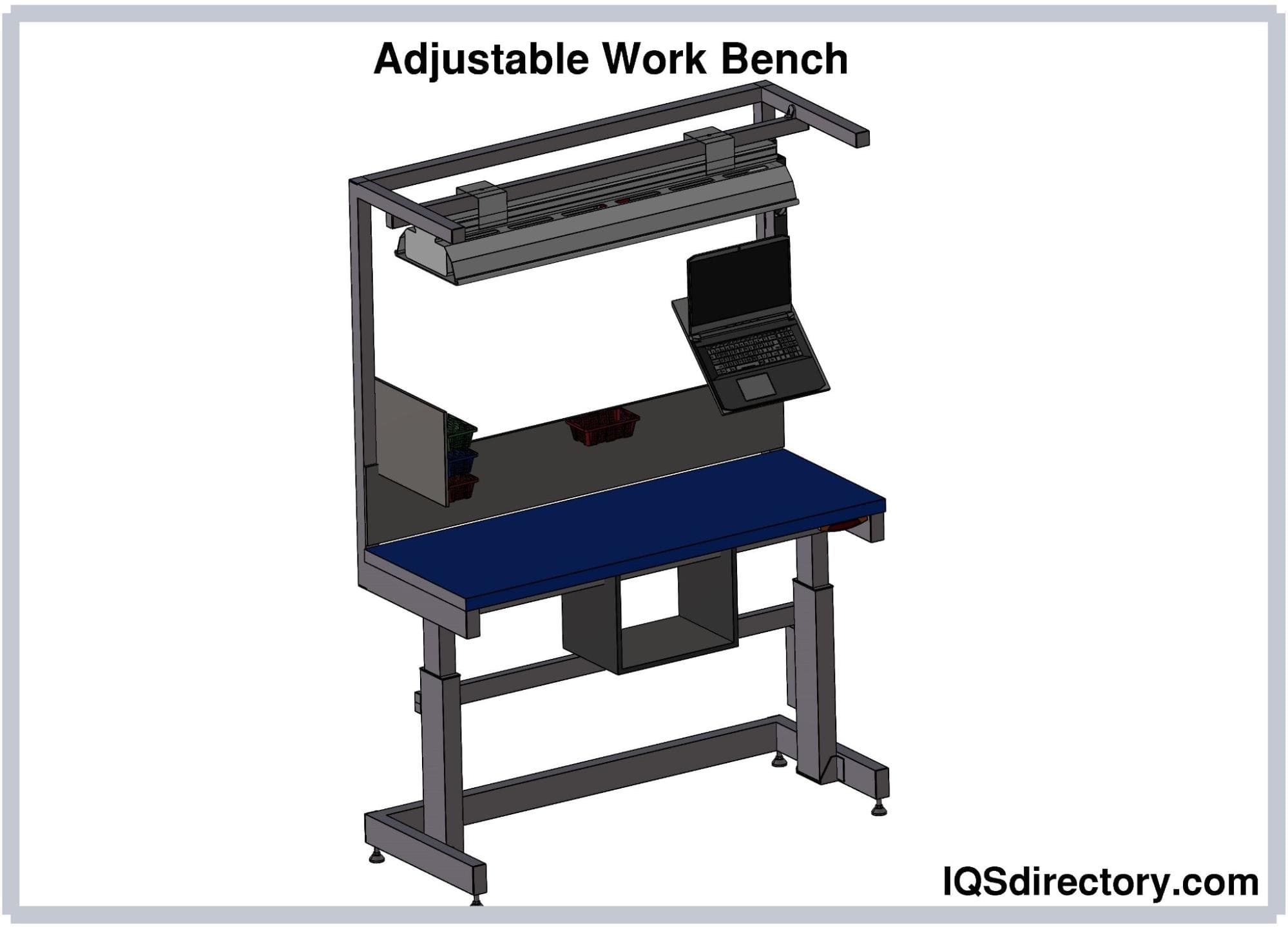
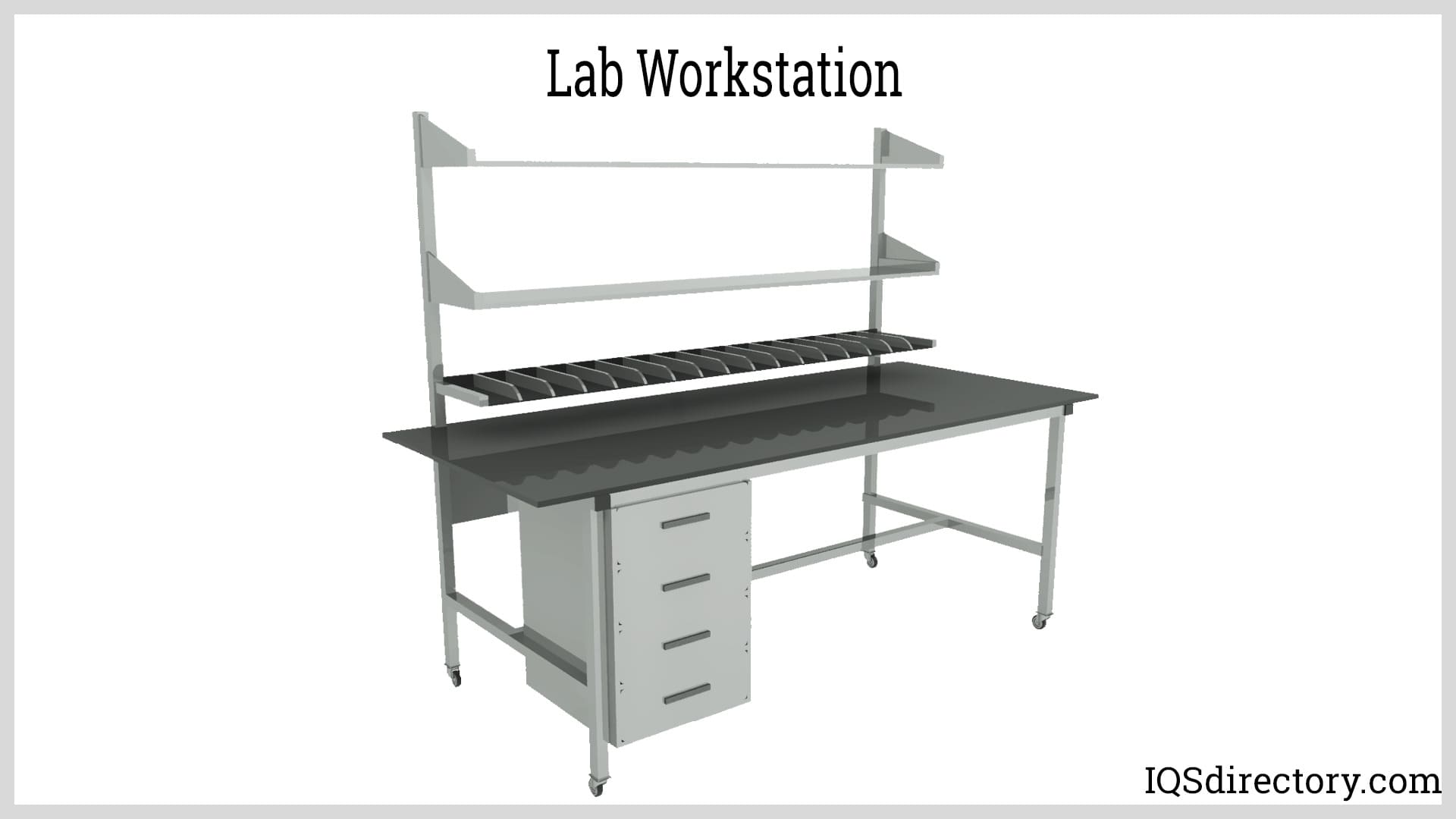
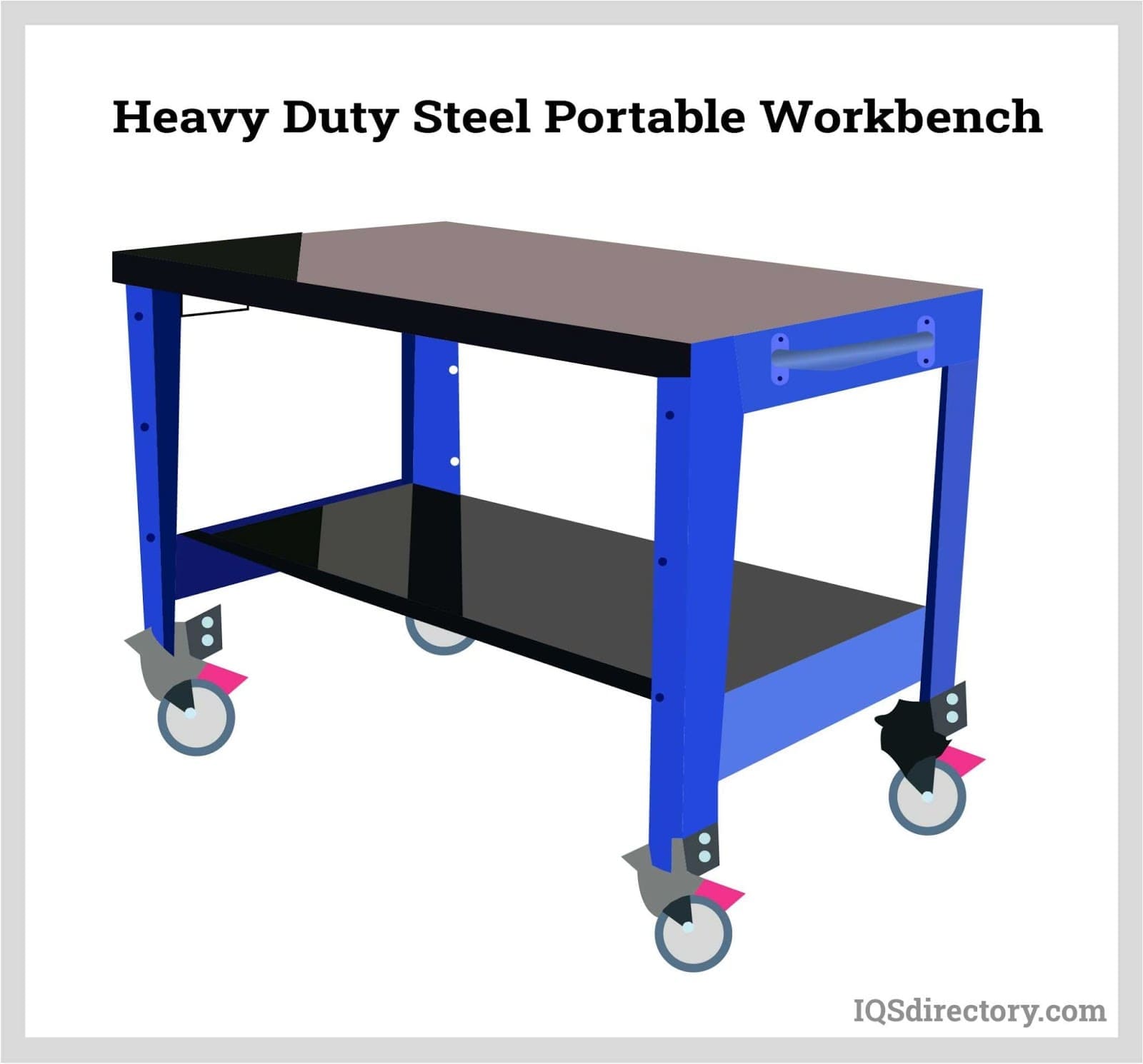
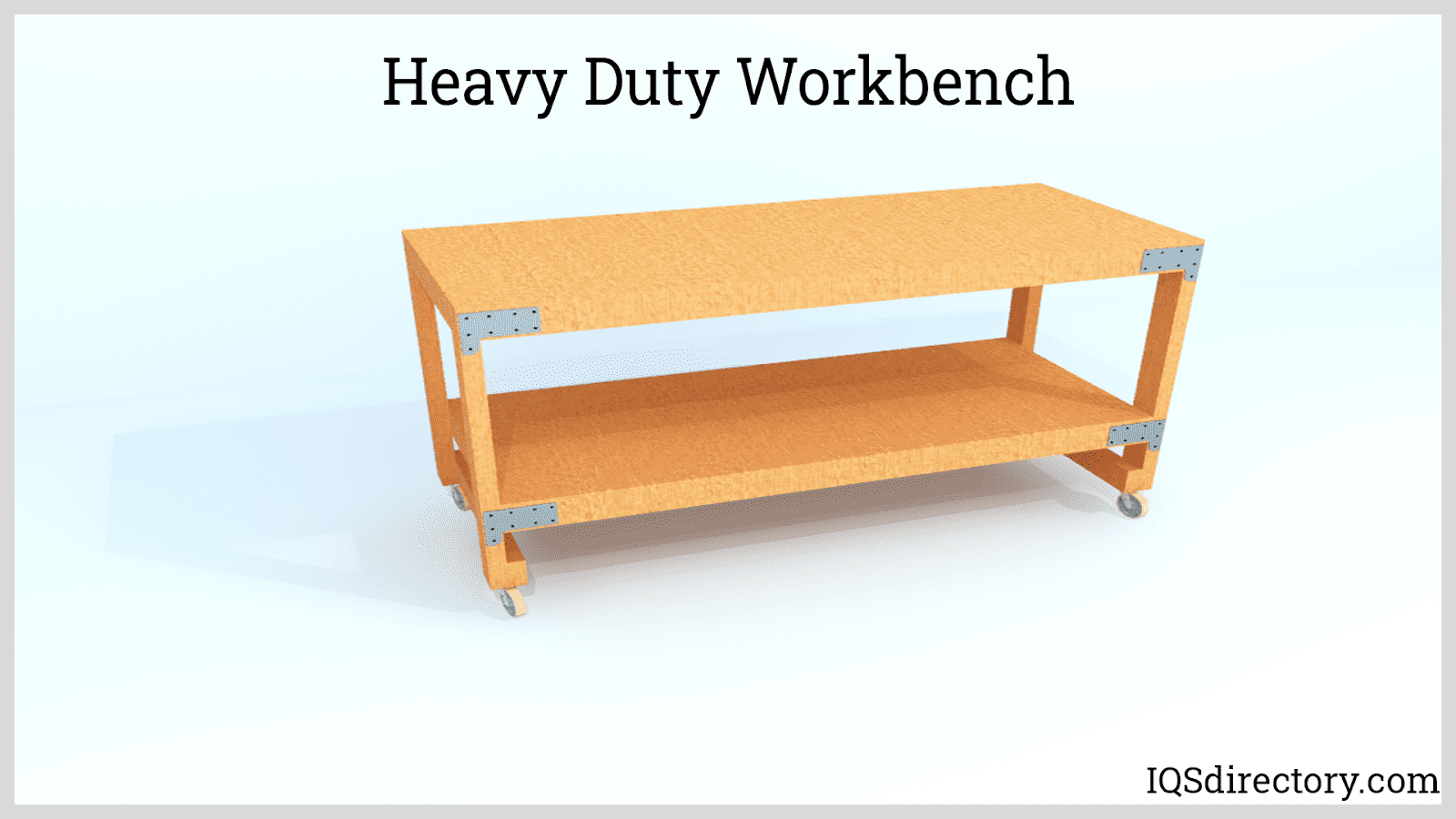
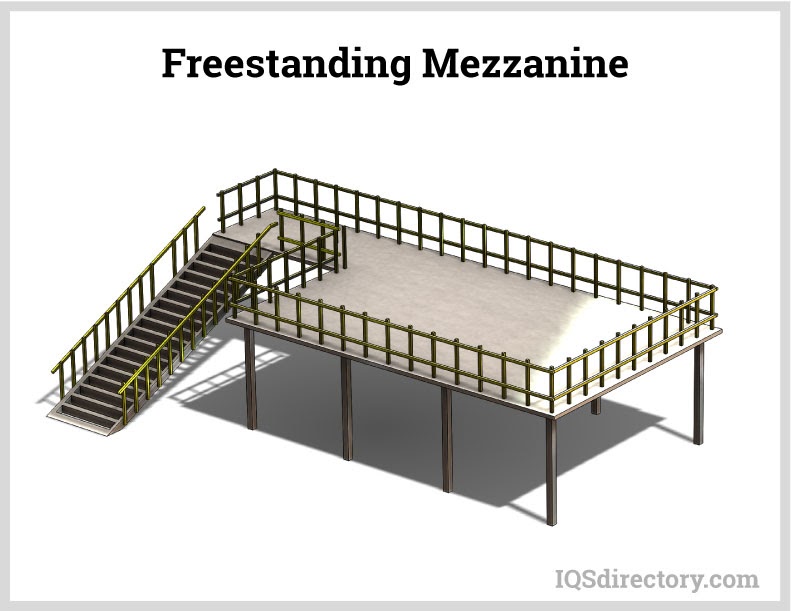
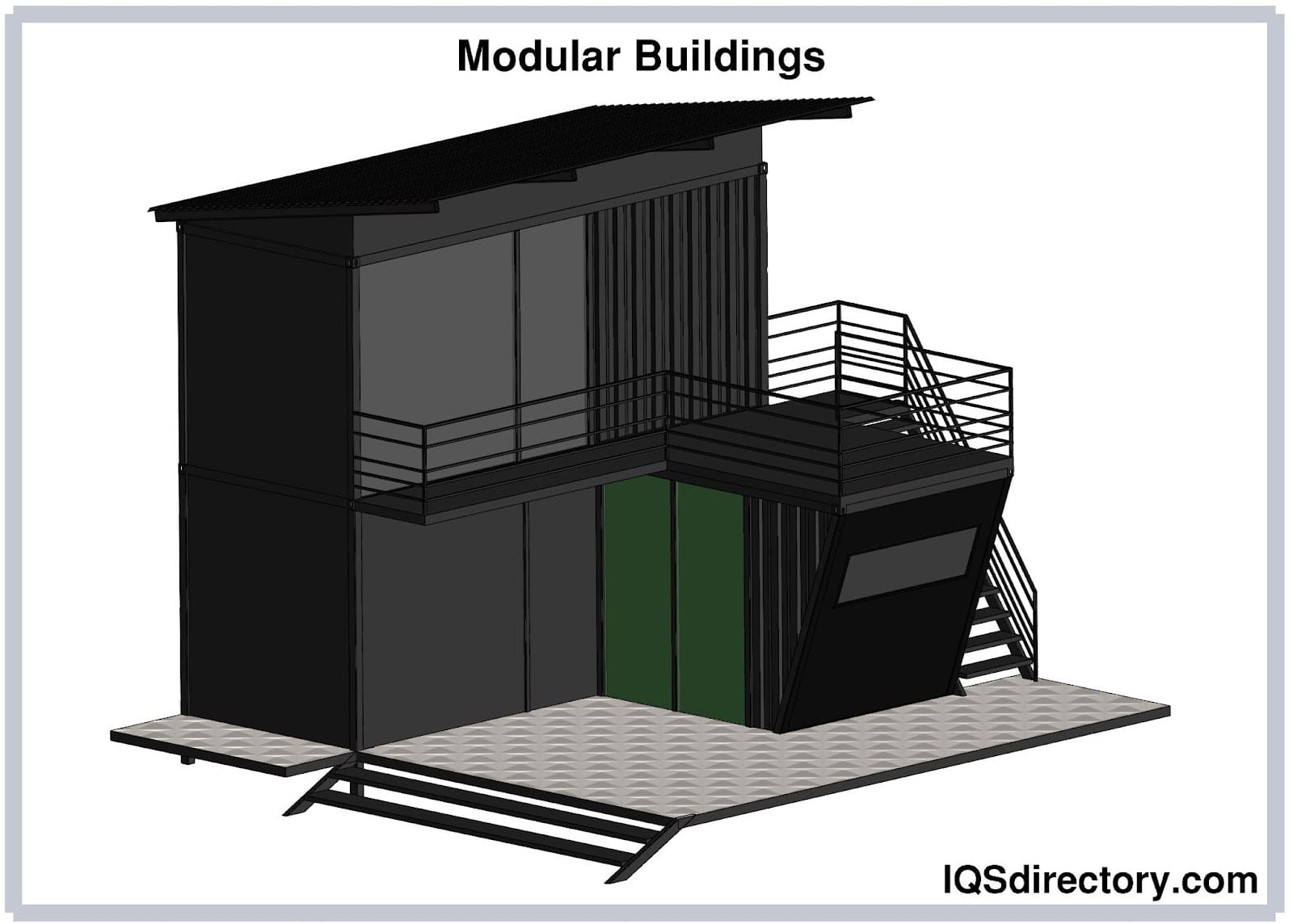
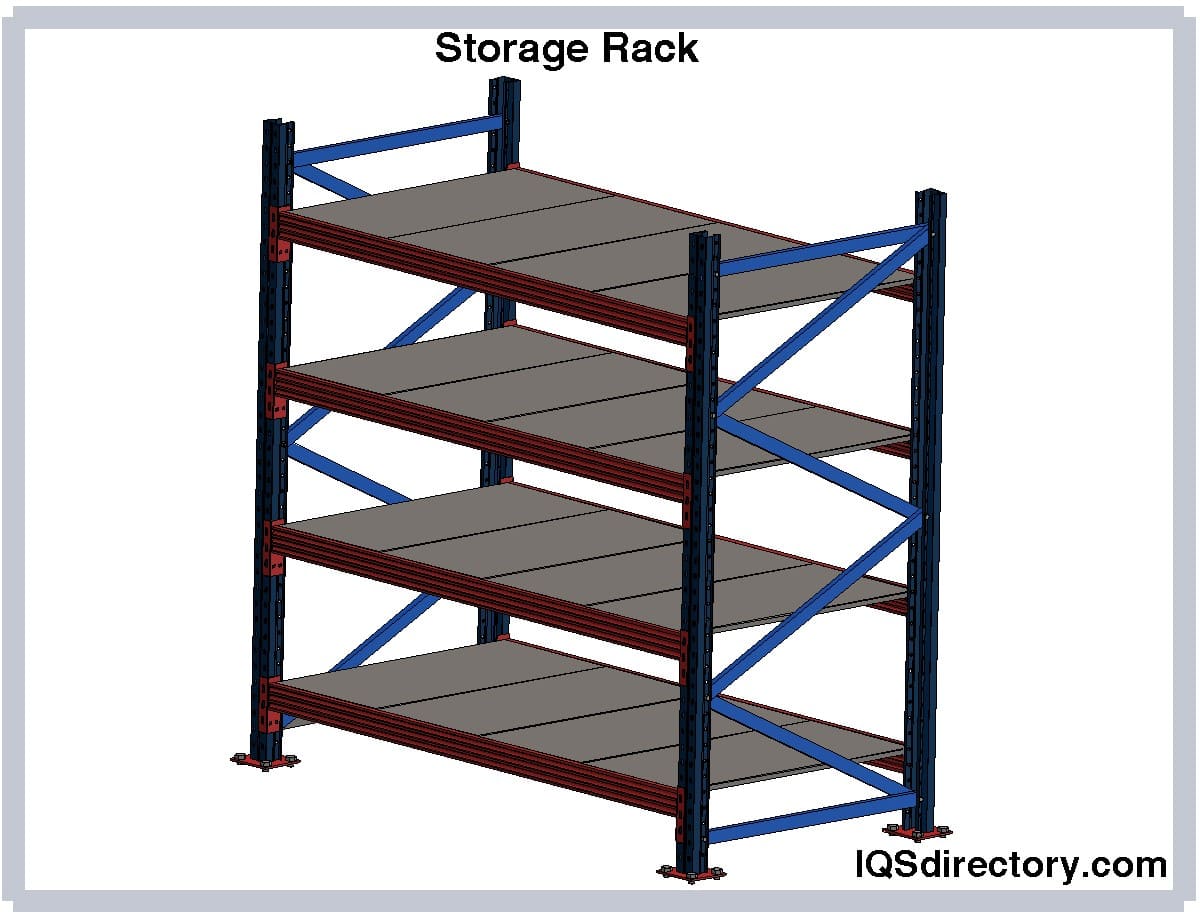
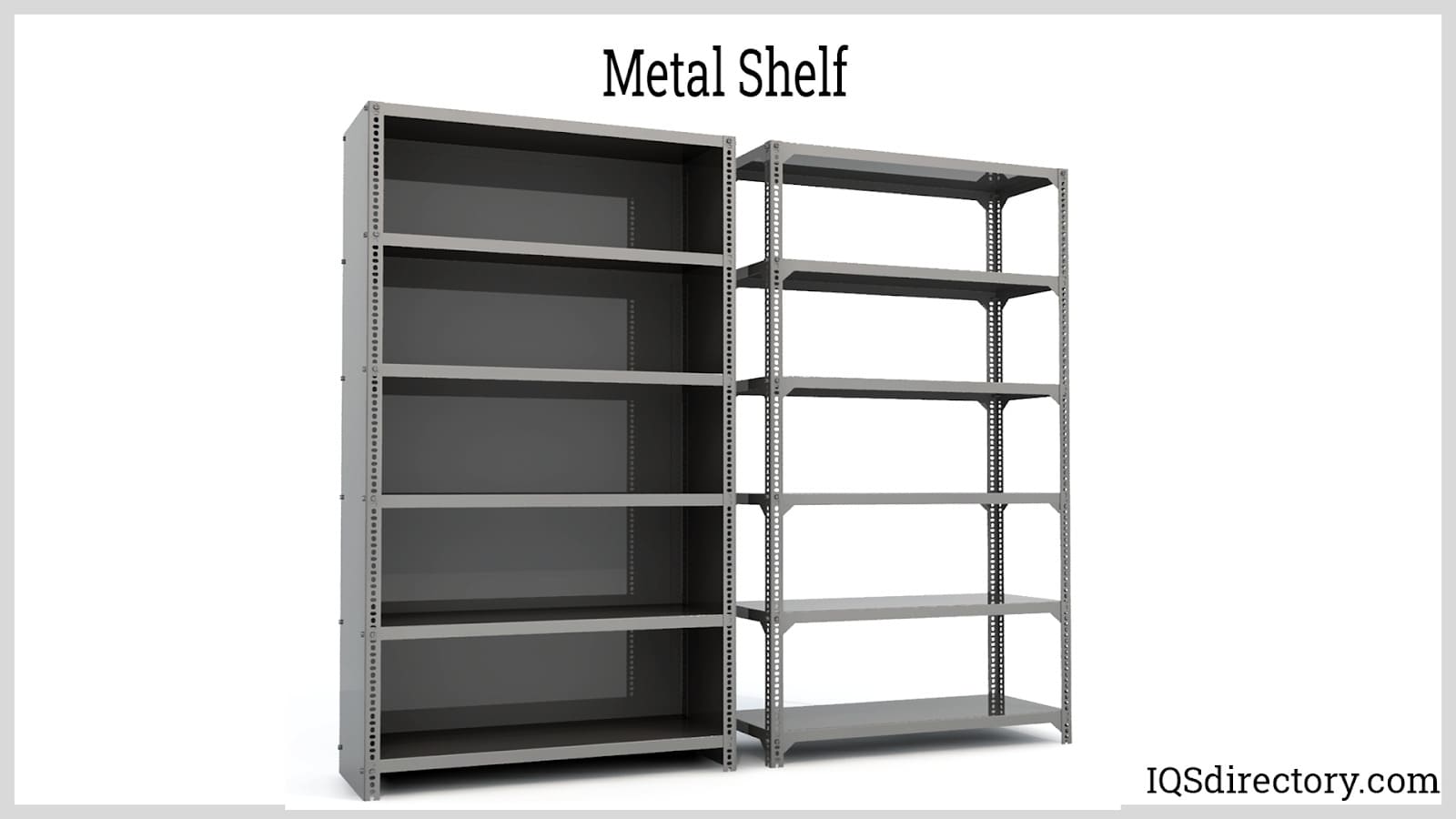

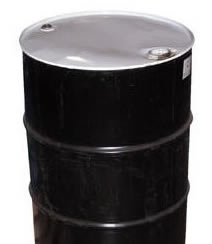 55 Gallon Drums
55 Gallon Drums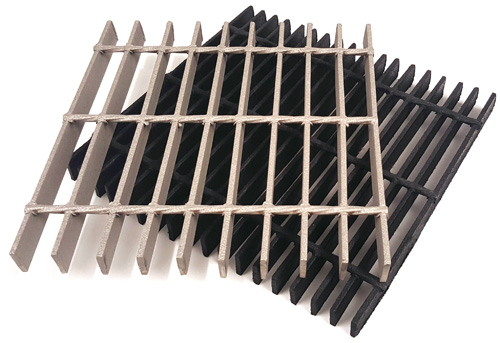 Floor Gratings
Floor Gratings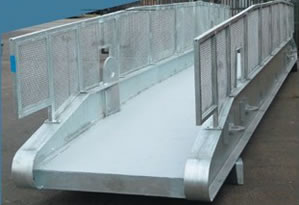 Mezzanines
Mezzanines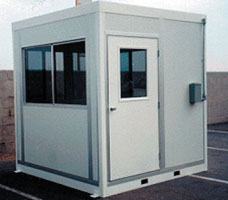 Modular Buildings
Modular Buildings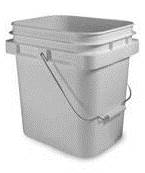 Plastic Containers
Plastic Containers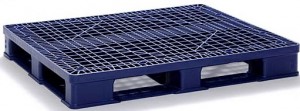 Plastic Pallets
Plastic Pallets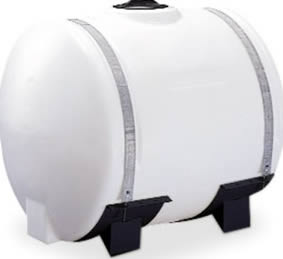 Plastic Tanks
Plastic Tanks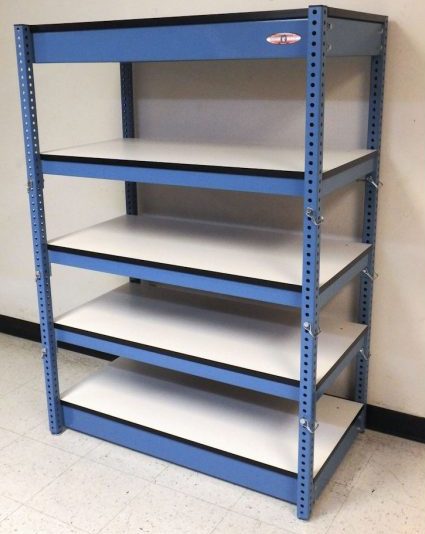 Steel Shelving
Steel Shelving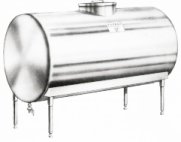 Stainless Steel Tanks
Stainless Steel Tanks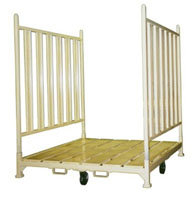 Storage Racks
Storage Racks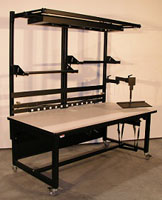 Work Benches
Work Benches Castings & Forgings
Castings & Forgings Bulk Material Handling
Bulk Material Handling Electrical & Electronic Components
Electrical & Electronic Components Flow Instrumentation
Flow Instrumentation Hardware
Hardware Material Handling Equipment
Material Handling Equipment Metal Cutting Services
Metal Cutting Services Metal Forming Services
Metal Forming Services Metal Suppliers
Metal Suppliers Motion Control Products
Motion Control Products Plant & Facility Equipment
Plant & Facility Equipment Plant & Facility Supplies
Plant & Facility Supplies Plastic Molding Processes
Plastic Molding Processes Pumps & Valves
Pumps & Valves Recycling Equipment
Recycling Equipment Rubber Products & Services
Rubber Products & Services